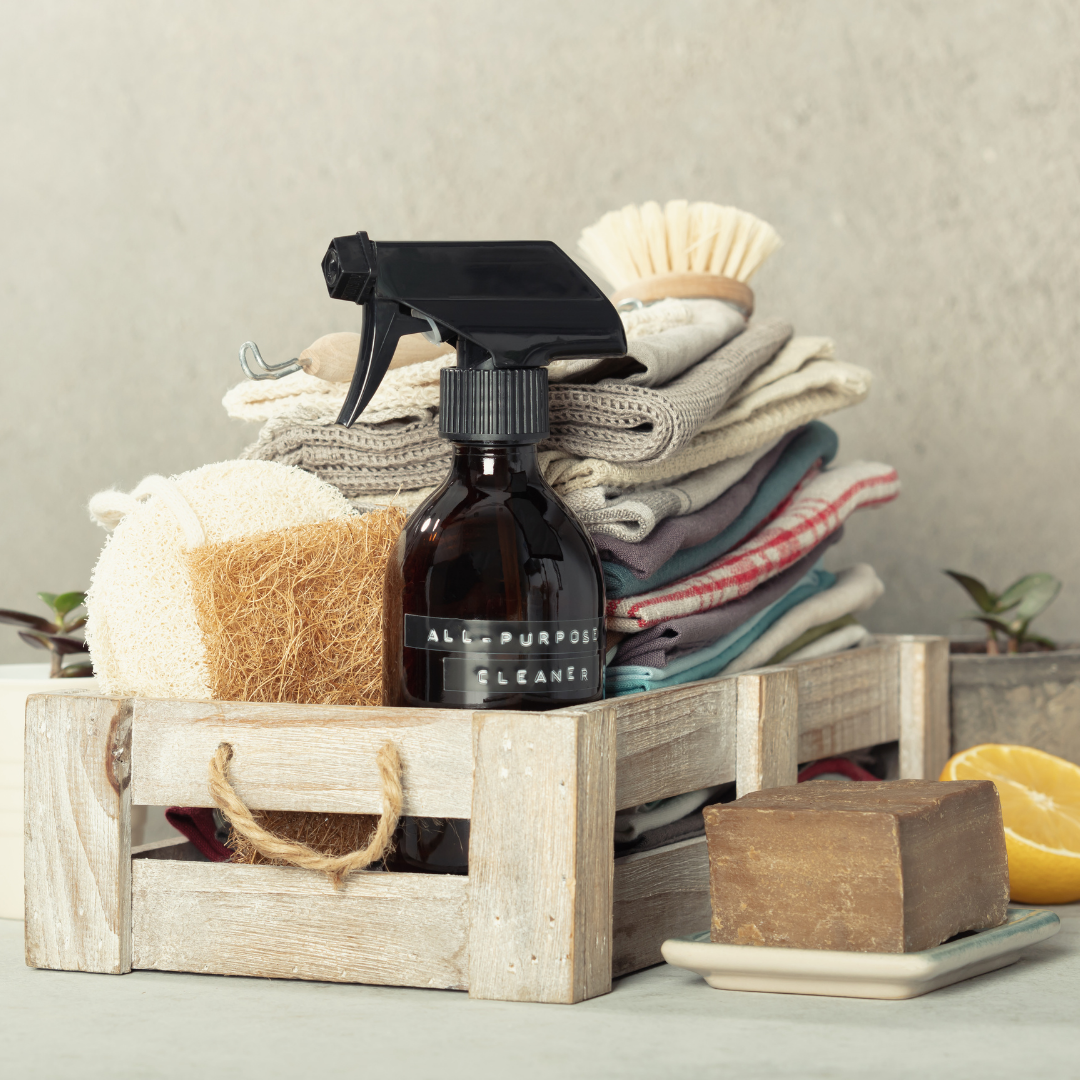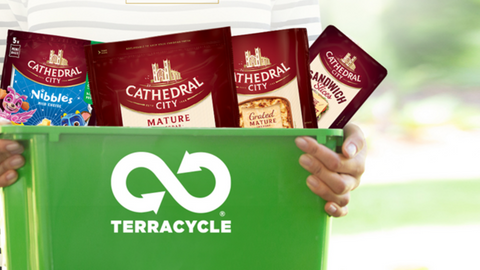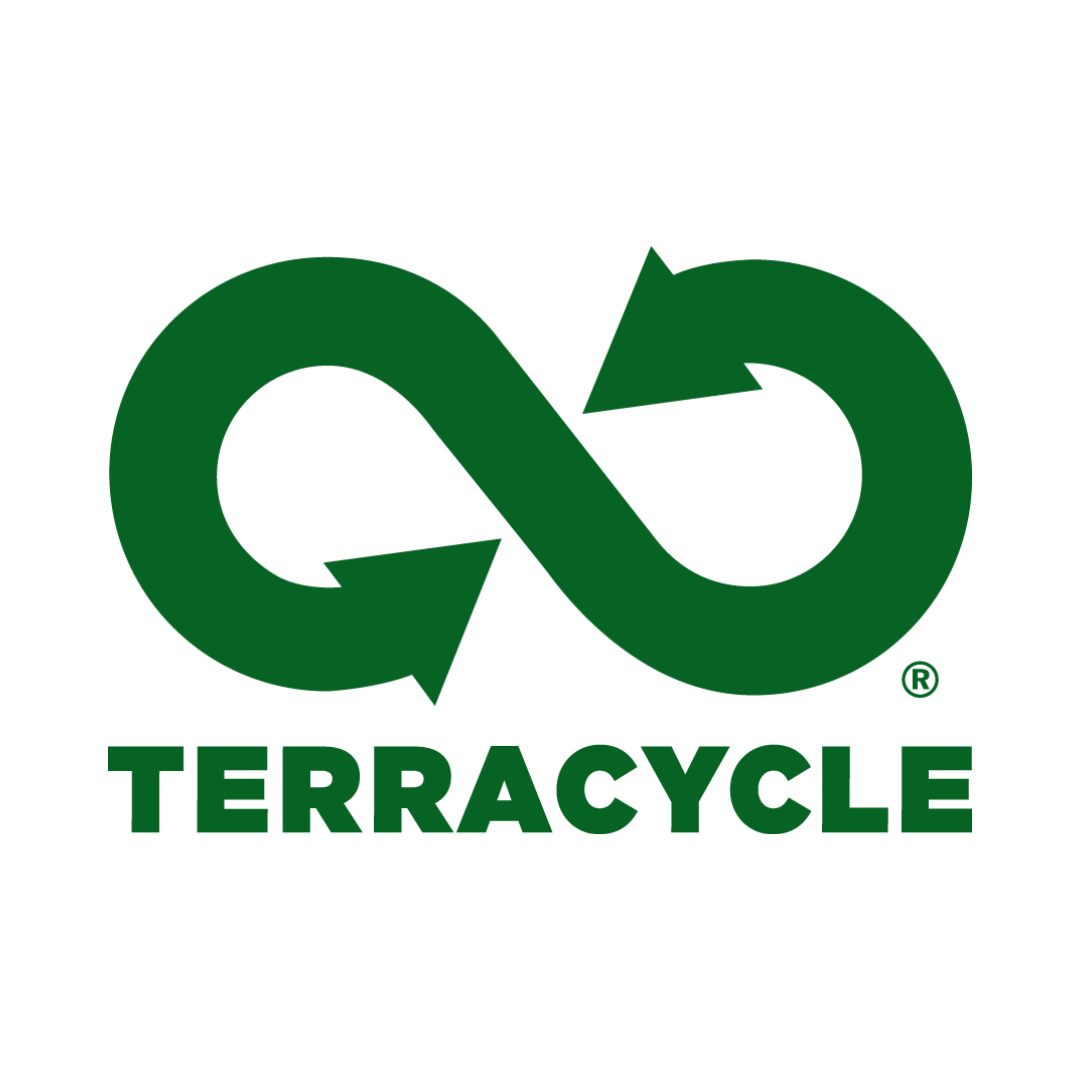
Sustainability at home is not about being perfect. It’s firstly about awareness. Awareness of the carbon footprint we create in our homes, but also about what we bring into and out of our homes (especially the waste). Being sustainable at home can lead to changes in your lifestyle, from what you buy, how you travel to how you behave in the office and other environments.
Sustainable living benefits you and the environment. It can help you save energy and switch to more sustainable products and habits within he home. The more energy you save and the less waste you create, the lower your carbon impact. With the UK committing to carbon neutrality by 2050, it's a great way to join the fight against climate change.
Here are our top tips for sustainable living at home!
- Conserve energy
This is a great way to reduce your carbon emissions and a brilliant place to start. There are a number of ways you can save energy at home, including switching off standby appliances, turning your heating down and hanging clothes to dry instead of using a drier.
Draughtproofing and improving insulation will make your home cosier and more cost effective to heat. Try to keep your thermostat around 19°C, and choose LED lightbulbs and appliances with high efficiency ratings to keep your electric consumption down.

- Eat less meat
The production of meat is one of the biggest contributors to climate change and the pollution of land and waterways. Meat and dairy are the biggest contributors of greenhouse gas emissions in agriculture. As the majority of emissions come from the production and preparation of meat and dairy, consuming less meat would help to reduce these emissions. You don’t need to suddenly switch to a vegan diet (though some choose to do so), by simply reducing your intake of meat you can already have a big impact.
Plant-based foods often have a lower carbon footprint than meat and dairy. In most cases, chicken, eggs, and pork have a lower footprint than beef and lamb. To reduce your carbon footprint, replace some or all the beef, lamb, and dairy in your diet with lower carbon alternatives. And where you do buy those products, look for farmers using sustainable methods.
- Be a sustainable shopper
Avoid single-use and disposable items, and switch to reusable products instead. Choose good-quality products that will last, use them for longer and try to repair them before you replace them. Use refillable products where possible. Check out your local refill show to top up on items such as washing-up liquid and shower gel and see which supermarkets sell packaging-free products. Check out our full ranges of reusables.

- Recycle, resell, donate
When you're tempted to throw something away, remember: there is no such thing as 'away'. Most non-recycled waste goes to landfill or incineration, where it produces greenhouse gases and other environmental pollution. If you don’t use a product or wear a piece of clothing anymore, give it to a charity shop or someone you know would make use of it to help reduce waste. For anything remaining, check to see if it can be recycled.
- Use reusable alternatives
Single-use products, particularly plastic ones, tend to end up in landfill and the ocean, causing harm to wildlife and the environment. Prevent this by choosing to use reusable and eco-friendly alternatives instead.
Try investing in a water bottle that is not only reusable but also the right size, so you can take it with you whenever you travel. Re-using a water bottle also saves money in the long run, as fewer plastic bottles will need to be purchased.
Consider packing your lunch instead of buying plastic-laden meal deals. Our range of beeswax wraps, silicone bags, lunchboxes and snack pots are the perfect sustainable choice for this.

- Go paperless
To avoid wasting paper, choose to receive letters over email and only print off documents if necessary. You could also ask shops send your receipt over email instead of printing it off.
- Use renewable energy
If possible, consider powering your home using renewable energy to reduce your carbon emissions. Replacing your petrol or diesel-fuelled car with an electric one would also help to achieve this.
A way that households can be more eco friendly is to invest in a renewable energy source for electricity. Most households are on a grid that provides energy from a non-sustainable source, like oil or gas. Solar panels are an example of a renewable energy technology that uses the sun as an energy source.
- Recycle, Recycle, Recycle
Make sure you’re recycling by putting your rubbish in the correct bins. Check packaging for recycling symbols. Many plastic bags can be recycled at the supermarket, but cannot be placed in your recycling bin at home. Some hard to recycle items can be dropped at Terracycle collection points. We at Moonmoon are a Terracycle dop off point for cheese packaging recycling in Winchester.

- Grow your own produce
If you have a patch of ground, however big or small, gardening sustainably is good for you and the planet, as it can help absorb carbon dioxide, support wildlife and reduce the risk of flooding.
By growing your own fruit and vegetables, you can ensure you’re not using pesticides that will contribute to water and air pollution.
- Save water
You can save water in and around your home by making a number of small changes. Try installing a water butt and making use of grey water to avoid wasting drinking water.
Using less water is a good thing in itself, as it's a precious resource. But at home we often also use energy to heat the water, such as boiling a kettle, taking a shower, and running the dishwasher or washing machine, so reducing hot water use cuts greenhouse gas emissions and saves money.
- Don't waste food
If you have leftovers, don’t throw them away. Save them for your lunch or dinner the next day, or even freeze them.. Eat seasonally, cut food waste as far as possible and put what's left in your compost heap or food waste collection bin, if you have one.

- Wear sustainable clothing
The fashion industry is one of the main polluting industries in the world. To lessen the impact this industry has on the planet, try buying more of your clothes from charity shops and sustainable clothing stores.
- Use eco-friendly cleaning products
Some cleaning products contain chemicals that can be harmful to the environment. By committing to using green/eco-friendly cleaning products, you can help to prevent these chemicals from harming the Earth.
People should ideally opt for products that contain no synthetic ingredients if they want to go for eco friendly household products. If you make your own or top up at the refill shop, you can save on plastic waste too.
- Use Eco Friendly Toilet Paper
A lot of trees are cut down in order to make toilet paper rolls. It requires at least 17 trees and 90,921 litres of water for a tonne of paper rolls. As the average person uses 100 rolls in a year, using regular toilet paper is not a sustainable habit. One option is to choose eco friendly toilet paper made out of bamboo. As bamboo grows 39 inches within a 24 hour period, toilet paper made out of bamboo are a much more sustainable option compared to regular toilet paper. You can also find recycled toilet paper, wrapped in paper rather than plastic in many supermarkets.
- Stop Using Cling Film
Do you use clingfilm to wrap up food and leftovers? It may feel convenient, but plastic wrap is a big contributor to the plastic waste polluting our oceans. In fact, a staggering 1.2 billion metres of the stuff, roughly 740,000 miles of it is used by homes in the UK every single year! That's enough stretchy, slow-to-break-down cling film to wrap its way around the entire circumference of the earth 30 times over!
Beeswax wraps are a natural, biodegradable alternative that can be used for wrapping food and covering bowls. The combination of beeswax, tree resin and jojoba oil make a super effective and naturally antibacterial wrap. Perfect for keeping cheese fresh, wrapping half eaten fruit and vegetables and for covering leftovers. With good care and storage, you can reuse your wax food wraps for approximately a year.





